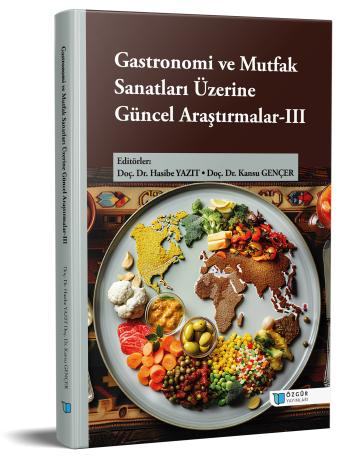
Ghost Kitchen Concept
Chapter from the book:
Yazıt,
H.
&
Gençer,
K.
(eds.)
2024.
Current Research on Gastronomy and Culinary Arts-III.
Synopsis
Ghost kitchens are a business model that only offers takeaway and pick-up services without having a physical restaurant area. This concept works through virtual ordering systems and offers the opportunity to create virtual brands at low cost. This model, implemented in Turkey with examples such as "Package Kitchen", deals with food production and delivery. Its difference from traditional kitchens is that it offers lower costs and labor requirements. When establishing a ghost kitchen business, requirements such as location, technology, equipment, personnel, packaging and marketing must be determined. Small and economical areas should be preferred, online ordering systems and POS systems should be used, and kitchen equipment should be selected carefully. Employee must receive hygiene and quality training, and ensure temperature and cleanliness conditions of packaging products. Marketing should be done through social media and campaigns. Ghost kitchens offer low costs and flexibility. It reduces the number of personnel and administrative burdens. Additionally, it can optimize the delivery process by providing access to a wide range of customers. Menu changes and product additions can be made quickly and costs can be reduced. In conclusion, while ghost kitchens offer significant advantages in terms of cost effectiveness and flexibility, their successful operation requires careful planning, effective personnel management and compliance with food safety standards. This model stands out as a trend that is reshaping the dynamics of the modern restaurant industry for both entrepreneurs and consumers.

